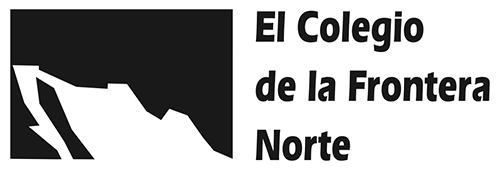
This qualitative meta-synthesis seeks to analyze scientific articles that address the parental stress of those who experienced international migration processes with their children. Seven databases were accessed—Scopus, Web of Science, PsycInfo, VHL Portal, MEDLINE/CINAHL, EMBASE, and Cochrane Library—, considering the years of publication (2012-2024). Firstly, 2931 documents were found, of which only 24 articles were analyzed according to their objectives, methodological aspects, and main results. The critical assessment of the studies indicates high methodological quality. The parental stress results show that low socioeconomic conditions and cultural disparities of migrant parents tend to increase feelings of parental stress. Social support was referred to as a protective factor against parental stress, while ethnic and religious issues were reported as possible and effective coping mechanisms. Culturally sensitive public policies are essential to mitigate parental stress.
Derechos de autor 2025 Migraciones Internacionales

Esta obra está bajo una licencia internacional Creative Commons Atribución-NoComercial-SinDerivadas 4.0.